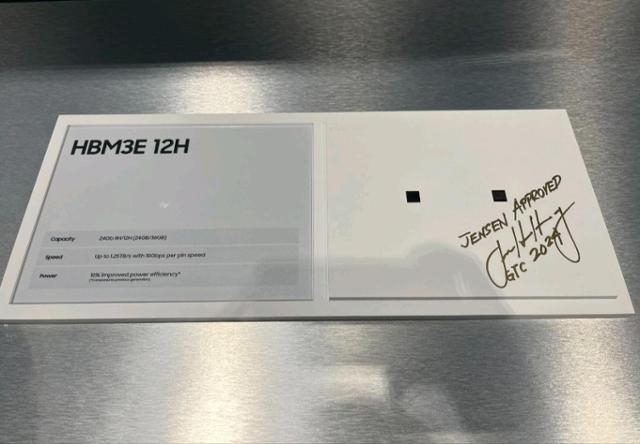
Samsung Electronics is facing challenges in supplying high bandwidth memory chips to Nvidia, as its competitor SK hynix has been ahead in providing the sought-after components. While Samsung has developed fourth-generation HBM3 chips, SK hynix has already been supplying Nvidia with the more advanced fifth-generation HBM3E chips since March. Samsung insists it is technologically capable of supplying the advanced chips, having developed both generations early on, but it has been held back by Nvidia's qualification tests, which SK hynix and Micron Technology have already passed. This has raised questions about Samsung's ability to meet customer requirements and understand Nvidia's needs. Despite the setback, Samsung remains committed to the lucrative HBM market, which is expected to see significant growth with the rise of AI applications. While SK hynix currently holds the upper hand in supplying HBM chips to Nvidia, Samsung may be strategizing to focus on the next generation of chips rather than catching up with its rival. The company reportedly plans to start testing the samples of sixth-generation HBM4 chips next year, with mass production set for 2026, indicating its determination to stay competitive in the evolving market. In summary, Samsung is facing challenges in supplying high bandwidth memory chips to Nvidia as its competitor SK hynix has been ahead in providing the more advanced components. Despite this setback, Samsung remains committed to the lucrative HBM market and is strategizing for the next generation of chips to stay competitive.
